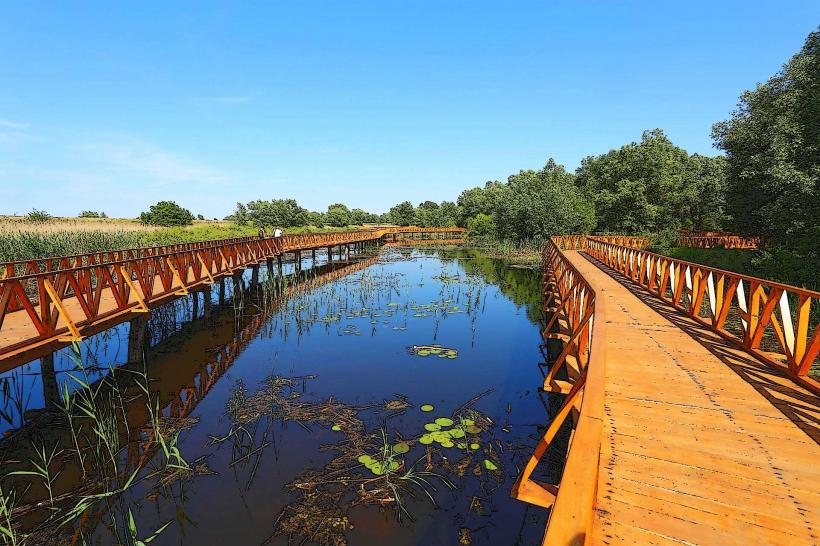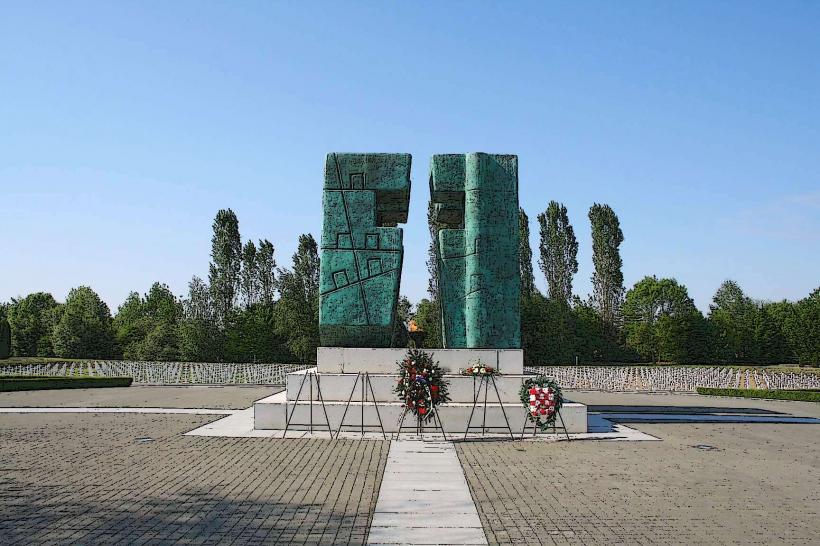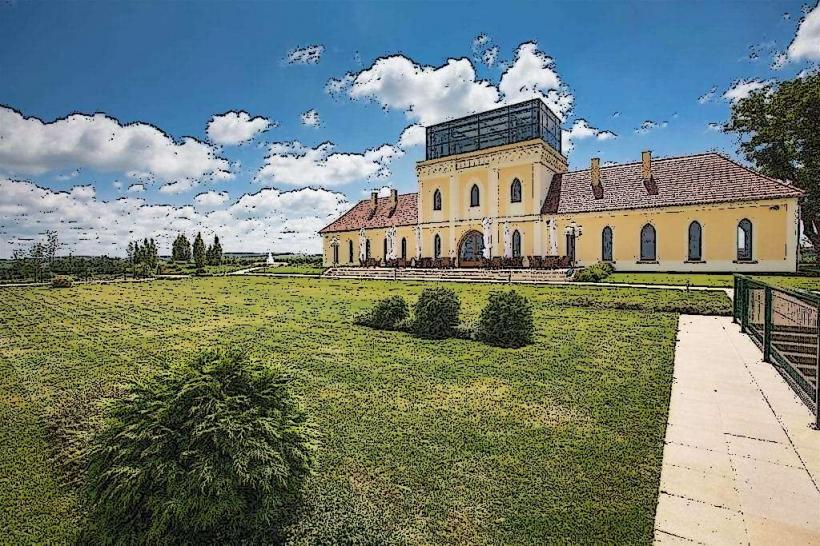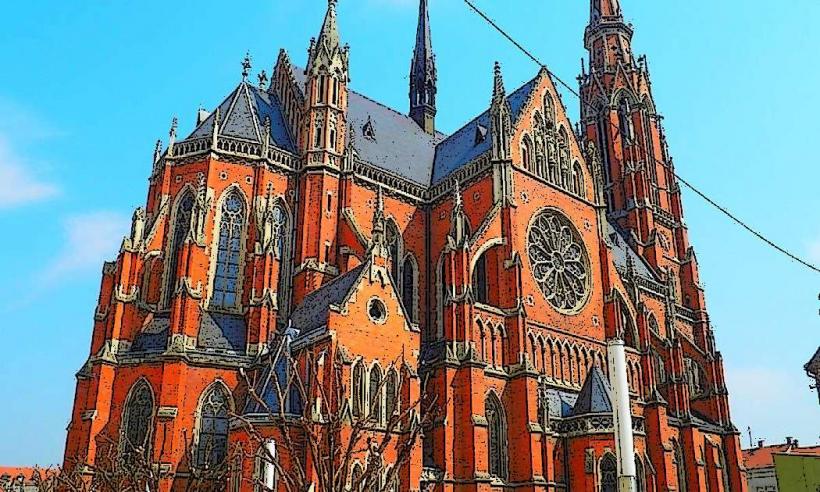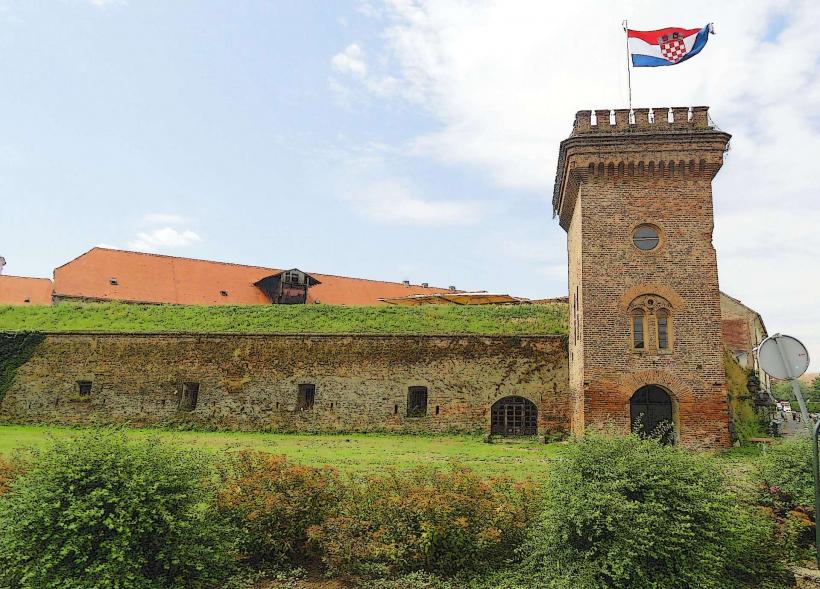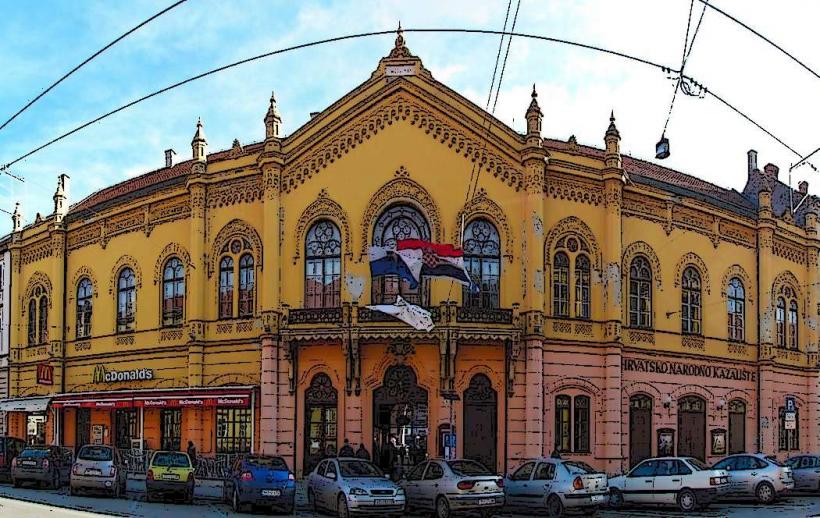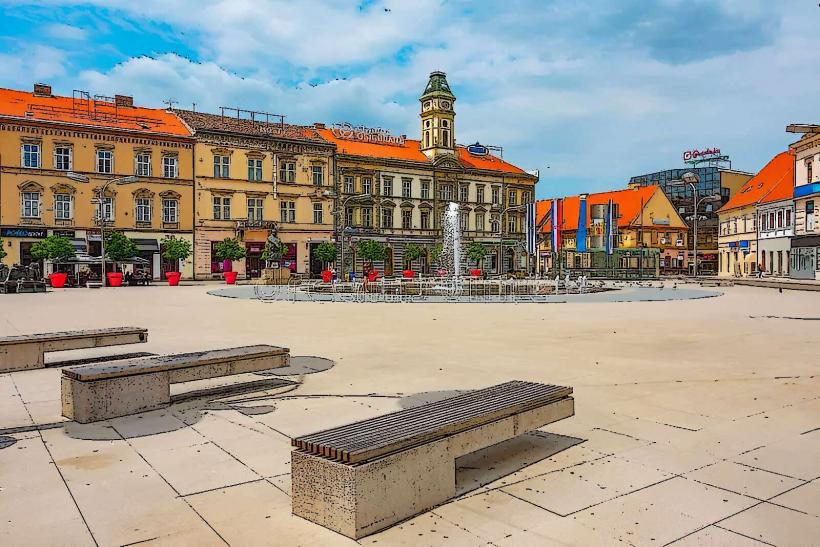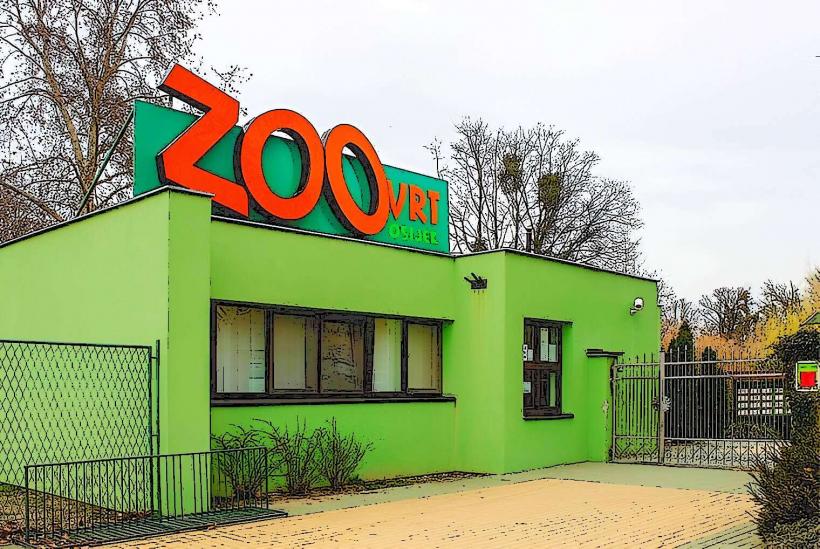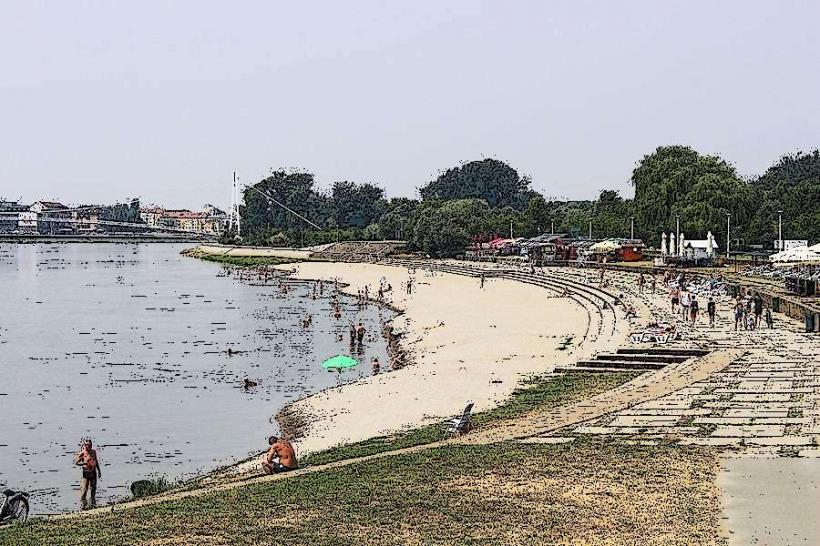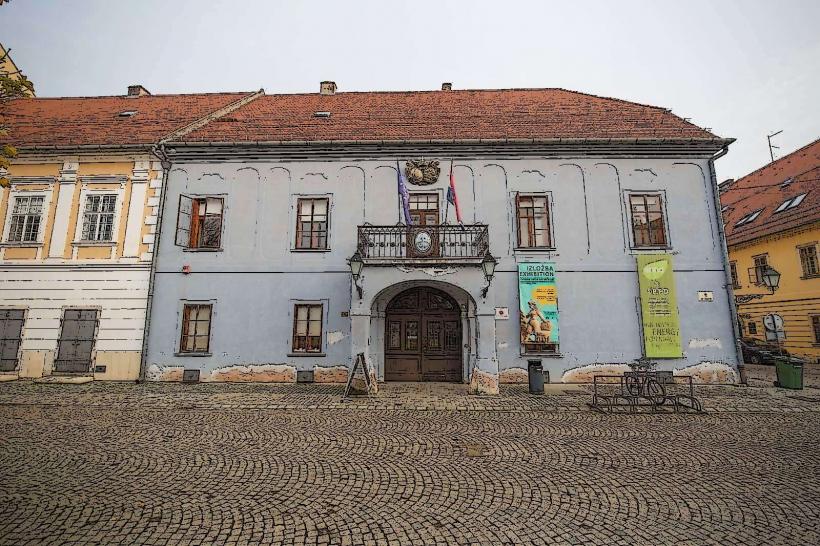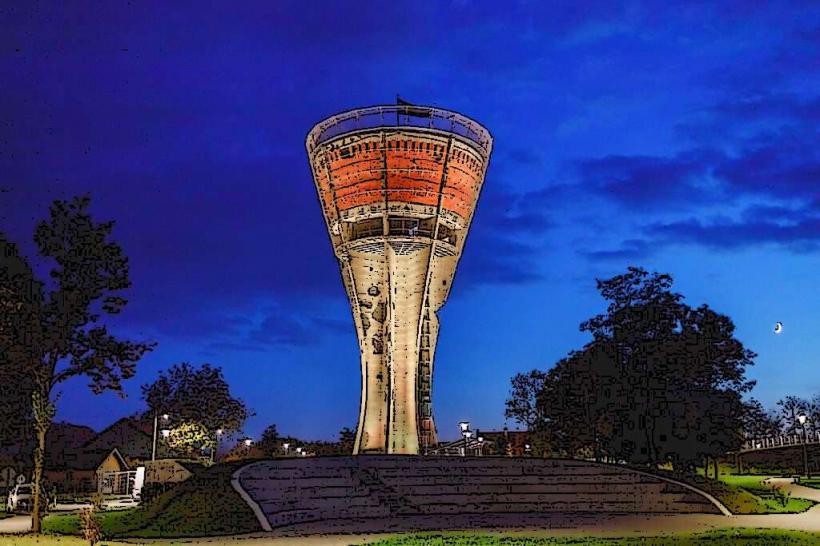Information
Landmark: Franciscan MonasteryCity: Osijek
Country: Croatia
Continent: Europe
Franciscan Monastery, Osijek, Croatia, Europe
The Franciscan Monastery and the Church of the Holy Cross are located in the northeastern section of Tvrđa (the Fortress), situated between the Drava River and the central Holy Trinity Square in Osijek, Croatia.
Visual Characteristics
The complex is a prime example of high Baroque architecture, featuring a massive, fortress-like monastery building and a church with a single-nave interior. The exterior is finished in white and ochre plaster with deep-set windows and a distinctive bell tower topped with a copper bulbous spire. The interior contains one of the most valuable Baroque altar inventories in Slavonia, characterized by ornate gilded woodcarvings and a series of side chapels with original 18th-century paintings.
Location & Access Logistics
The monastery is located at Trg Vatroslava Lisinskog 3.
Public Transport: Tram Line 1 stops at the "Tvrđa" station (0.4km South).
Access: The site is in a pedestrian-priority zone. From the Drava promenade, access is via the Water Gate (Vodena vrata).
Parking: The nearest public parking is the large lot at the eastern entrance of Tvrđa (0.2km East).
Historical & Ecological Origin
The Franciscans returned to Osijek in 1687 following the city's liberation from Ottoman rule. Construction of the current monastery began in 1709, while the Church of the Holy Cross was built between 1730 and 1732. The complex served as the cultural and educational center of the region for centuries, housing the first university-level institution in Osijek (General Philosophy Study) established in 1707.
Key Highlights & Activities
Visitors can view the "Black Madonna" statue, which survived the 18th-century fires and is a focal point of local pilgrimage. The monastery library houses a collection of approximately 15,000 volumes, including rare incunabula and manuscripts from the 16th century. Public masses are held daily, and the church interior is accessible to visitors outside of service times.
Infrastructure & Amenities
The site is an active religious residence; amenities include a small reception area and restrooms for visitors attending services or tours. 5G cellular coverage is excellent throughout the perimeter. There is no air conditioning inside the church, but the 2-meter-thick stone and brick walls provide natural insulation. Restaurants and cafes are located 100 meters away in Holy Trinity Square.
Best Time to Visit
The best time for interior viewing is during the mid-morning when sunlight enters the high windows of the southern nave. For photography of the exterior and bell tower, late afternoon provides the most direct lighting against the church's pale facade. September 14th (Feast of the Exaltation of the Holy Cross) is the primary local religious celebration at this site.
Facts & Legends
A historical oddity is that the monastery served as a temporary hospital and refuge during the Great Plague of 1738, which decimated the city's population. Local legend suggests that the monastery’s deep wine cellars are connected to the fortress’s military tunnels, though these claims remain unverified by recent archaeological surveys.
Nearby Landmarks
Water Gate (Vodena vrata) – 0.1km North
Holy Trinity Square (Trg Svetog Trojstva) – 0.15km Southwest
Museum of Slavonia – 0.2km Southwest
Drava River Promenade – 0.1km North
Rectory Palace – 0.1km South

